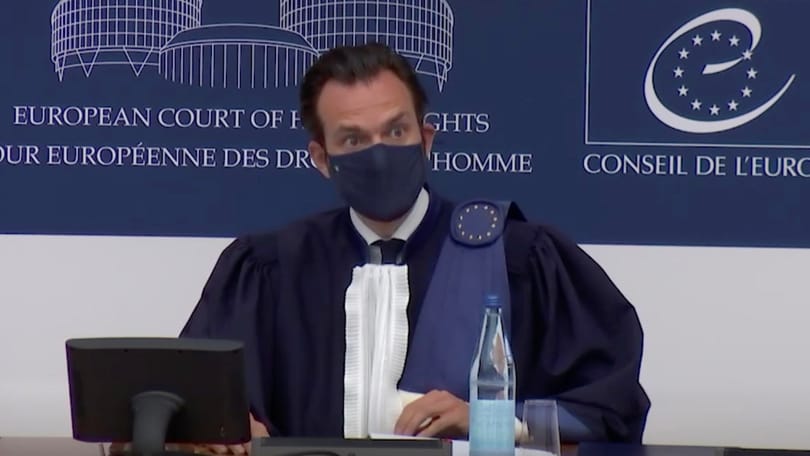- Vaccinating children for common diseases is in their best interest
- The measures could be regarded as being ‘necessary in a democratic society’
- The objective had to be to protect every child against serious diseases
In a landmark decision today, the European Court for Human Rights (ECHR) ruled that vaccinating children for common diseases is in their best interests and is ‘necessary in democratic society’.
According to legal experts specializing in the European Court for Human Rights rulings, court’s decision reinforces the possibility of compulsory vaccination under the current COVID-19 pandemic conditions.
It is the first time ever the ECHR has ruled on mandatory vaccinations for children against common diseases. While the case dealt with the Czech Republic’s laws that require schoolchildren to have jabs against diseases like whooping cough, tetanus and measles, the ruling has implications when it comes to compulsory COVID-19 shots.
“The… measures could be regarded as being ‘necessary in a democratic society,” the court ruled in a landmark decision against anti-vaxxers.
“The objective had to be to protect every child against serious diseases,” the court said in its ruling.
The judges dismissed the appeal brought by six Czech nationals who were fined for failing to comply with mandatory vaccination rules or whose children were denied admission to nursery school for the same reason. The parents had claimed that the mandatory jab rules violated their human rights.
The court said that while mandatory vaccinations raised sensitive issues, the value of social solidarity to protect the health of all members of society, particularly those who were especially vulnerable, required everyone to assume a minimum risk by having jabs.
He aha e lawe ʻia mai kēia ʻatikala:
- In a landmark decision today, the European Court for Human Rights (ECHR) ruled that vaccinating children for common diseases is in their best interests and is ‘necessary in democratic society'.
- Vaccinating children for common diseases is in their best interestThe measures could be regarded as being ‘necessary in a democratic society’The objective had to be to protect every child against serious diseases.
- The judges dismissed the appeal brought by six Czech nationals who were fined for failing to comply with mandatory vaccination rules or whose children were denied admission to nursery school for the same reason.























